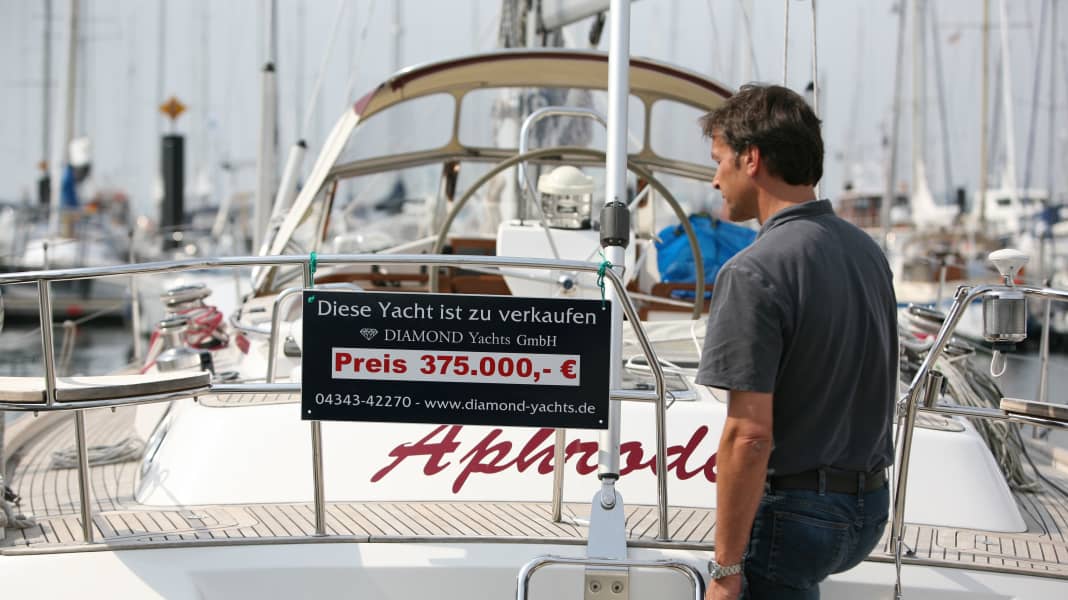
The German legislator has fundamentally reorganised sales law. This implements EU-wide rules at national level. The commercial water sports trade is one of the areas affected. Although it remains to be seen how the courts will apply the reform in practice, fundamental changes are already foreseeable.
The Flensburg lawyer Jochen P. Kunze specialises in yacht commercial law.
YACHT: Mr Kunze, what does the change in the law mean for buyers of new and used boats?
Jochen-P. Kunze:Not much will change in the private boat trade. But buying a yacht from a dealer will become much more consumer-friendly. The possibilities of obtaining legal protection in the event of material defects will improve massively. This applies to both new and used boats. Even when trading in digital devices, companies will have fewer and fewer opportunities to wriggle out of the warranty.
Where are the reforms most likely to have an impact?
The new rules leave serious used boat dealers with little option but to subject the boats on offer to a comprehensive check-up and to draw up a condition report; otherwise they will quickly fall into a liability trap. In my opinion, the quality of the used boats on offer will therefore be much easier to assess in future. And if defects occur in new or used boats in the first twelve months, the dealer will have to prove that he is not responsible. Dealers will therefore have to provide warranties much more frequently. Warranties must also be more clearly defined.
What will change with regard to the dealer's liability for material defects on the boat?
The enforcement of warranty claims will become easier in many cases. It is likely that all contractual arrangements and general terms and conditions used by retailers up to 2021 will become largely unlawful and lose their effect. As far as updating digital plotters, for example, is concerned, dealers will take on the full risk of acting as a service centre for electronics manufacturers. In practice, this will hardly have any effect on new boats. However, this also applies to used boats. This can become a liability risk for dealers.
Is the case law on car sales transferable to boats, for example when it comes to compensation for damages due to false material information?
In principle, the law does not differentiate between the purchase of a boat or a car. Many principles and rules are transferable 1:1. In the area of yacht trading, however, there is little case law on the numerous technical particularities.
That doesn't sound good for the dealers. What do they have to do now?
We will see that there will be many retailers who will have serious problems without adaptation. Existences will be lost. Reputable dealers will adapt. However, due to the additional work involved, commercially traded boats will probably end up being more expensive.
What exactly do you mean by "will adapt"? Can you give some examples?
Many dealers will concentrate on the market for young used boats and switch to the brokerage business for older used boats. In the new boat trade, shipyards and dealer associations will inevitably have to provide more information, document more and regulate more than before. There will still be trouble.
What loopholes will retailers still have in the future?
The legislator has done a good job. We lawyers can always think of something, but there are no really big loopholes.
